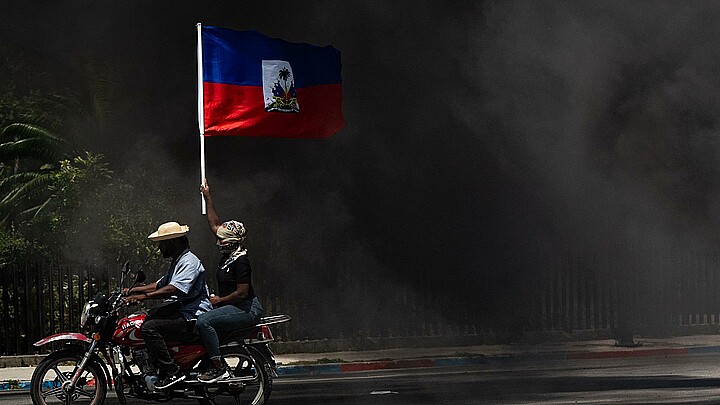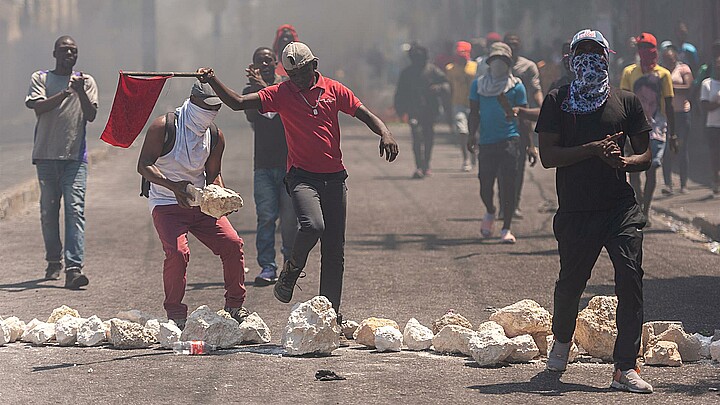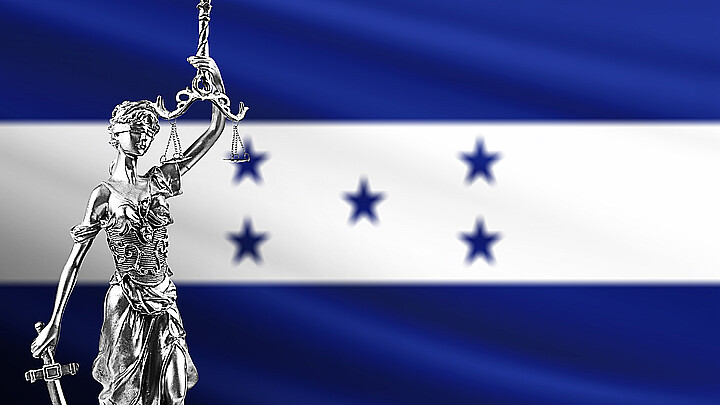Human Rights
Gang violence in Haiti leaves 208 dead in 11 days
In addition to the killings, there have been more than 260 kidnappings reported this year

March 22, 2023 8:09am
Updated: March 22, 2023 8:09am
Gang violence in Haiti’s capital of Port-au-Prince has left at least 187 people dead, more than 164 injured, and 101 kidnapped in less than two weeks, the United Nations said on Tuesday.
“We are gravely concerned that extreme violence continues to spiral out of control in Haiti,” said Marta Hurtado, spokesperson for U.N. High Commissioner for Human Rights (OHCHR).
The new wave of deadly clashes between gangs took place in Port-au-Prince and the central region of Artibonite from February 27 to March 9. According to Hurtago, many of those injured or killed were victims of snipers who were shooting at people in their homes or on the streets.
In addition to the killings, there have been more than 260 kidnappings reported this year, officials said. At least 101 of those kidnappings took place in the first two weeks of March alone.
The U.N. Haiti condemned the “extreme violence perpetrated by armed gangs” in a statement issued on Tuesday.
“The situation is all the more alarming for children, who are often subjected to all forms of armed violence, including forced recruitment and sexual violence,” the U.N. in Haiti said.
Hurtado urged the international community and Haitian authorities to address the situation.
“We call on the international community to urgently consider the deployment of a time-bound specialized support force under conditions that conform to international human rights laws and norms, with a comprehensive and precise action plan,” she said.
“People must be able to return to their homes under safe and dignified conditions,” she said.
As a result of the increased violence, hundreds of people have been displaced. As of mid-March, at least 160,000 people have been displaced, moving to bother cities or living in makeshift settlements with no access to basic services, including drinking water.










